Editor-in-chief: Ana-Maria Constantinovici-Ştefan
„Alexandru Ioan Cuza” University, Iași
An academic open-access peer-reviewed journal dedicated to the interdisciplinary studies stimulated and justified by the universality of the literary phenomena in their close connections with the other arts and related humanistic fields, such as cultural anthropology, the history of ideas and mentalities, cultural and gender studies. The journal is published by the “Alexandru Ioan Cuza” University Press. AIC welcomes papers that represent a variety of theoretical perspectives and diverse methodological approaches to world literature, with a special interest in the comparative outlook. Contributions to our journal have come from different parts of the world: EUROPE, AFRICA, NORTH & SOUTH AMERICA, ASIA, and we count among our collaborators distinguished specialists, as well as young researchers. Beginning with the year 2013, AIC Has become an exclusively online publication, issued biannually.
Languages: Romanian, English, French, German, Spanish and Italian; ISSN (online) 2285 – 3871, ISSN–L 1584 – 6628
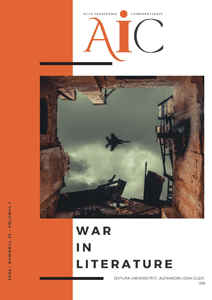
Bulletin of the Transilvania University of Brasov. Series IV: Philology and Cultural Studies
Editor-in-chief: Rodica Ilie
Transilvania University of Brașov
An academic journal, specialized in publishing scientific papers in the fields of Language, Literary and Cultural Studies. The authors are both Romanian and foreign scholars who have made a contribution in these fields. The journal uses academic standards – MLA style of reference, double-blind peer-review, and language reviews. The journal has both a printed and electronic full version, also offering an online archive of abstracts. The main language of the journal is English but since 2009, a series of articles written in French and German have also been accepted. All abstracts and keywords are written in English. The journal aims to offer an efficient framework of analysis as well as of communication between Romanian and international research in the field of Humanities.
Published biannually. ISSN (Online): 2971-9380, ISSN-L: 2066-768X
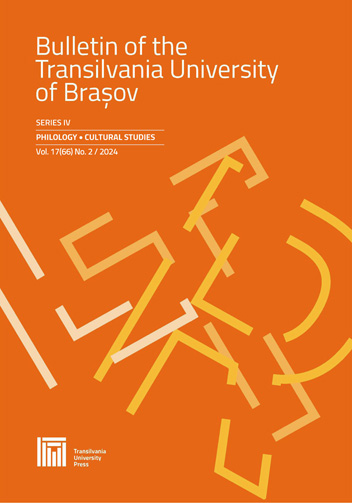
Caietele Echinox / Echinox Journal
Editor-in-chief: Corin Braga
Phantasma. The Center for Imagination Studies, „Babeș-Bolyai” University of Cluj-Napoca
Echinox Journal is a biannual academic journal in world and comparative literature, dedicated to the study of the social, historical, cultural, religious, literary and arts imaginaries. It was first published by Babeș-Bolyai University in Cluj, Romania, in 2001, continuing the legacy of the renowned students’ magazine Echinox, founded at the Faculty of Letters in 1968. Echinox Journal carries forth the tradition of the first global journal of comparative literature, Acta Comparationis Litterarum Universarum, published by Hugo von Meltzl in Cluj (1877-1888). As such, it encourages innovative research on world literature and its contemporary domains and methodologies: cultural studies, planetarity, digital humanities, posthumanism, new media, etc. It is indexed in CNCS (Category A), WoS, ERIH PLUS, ANVUR, EBSCO, CEEOL, MLA, DOAJ.
ISSN (print și online): 1582-960X
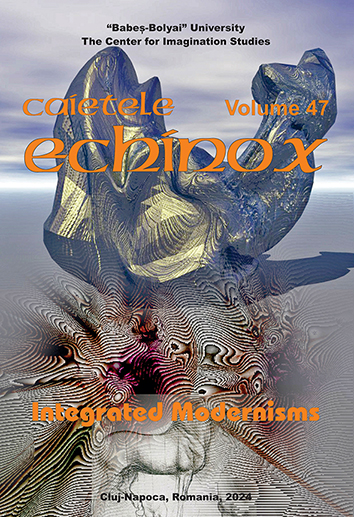
Editor-in-chief: Mircea Martin
Romanian Cultural Institute, București
The journal that today bears the name Euresis was founded in 1973 under the title Cahiers Roumains d’Études Littèraires (C.R.E.L.) and appeared under the aegis and under the direction of the Univers publishing house, then headed by Romul Munteanu. The actual direction of the magazine was entrusted to Adrian Marino. As a scholarly journal, its target audience was humanities specialists. At the beginning of the 2000s, the journal broadened its thematic scope to include all the human sciences and all the components of contemporary culture: a way of synchronizing with the major changes that have taken place in recent decades, especially, interdisciplinarity. Hence the addition to the old title/subtitle: Euresis. Cahiers Roumains d’Études Littéraires et Culturelles. Among our authors: Jean Rousset, Jean Starobinski, Jacques Derrida, Gianni Vattimo, Linda Hutcheon, Mihály Szegedy-Maszák etc., and Romanian intellectual diaspora: Matei Călinescu, Virgil Nemoianu, Thomas Pavel, Marcel Corniș-Pop, etc.
ISSN (online): 2239-2742
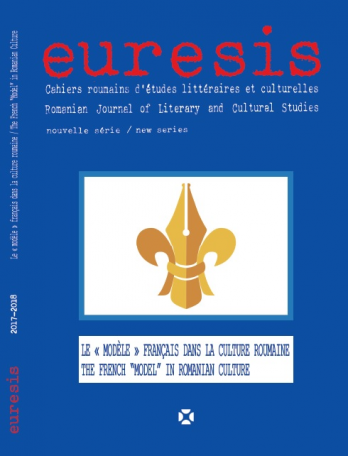
Metacritic Journal for Comparative Studies and Theory
Editors-in-chief: Mihaela Ursa, Alex Goldiș
Metacritic Centre of Advanced Literary Studies, „Babeș-Bolyai” University of Cluj-Napoca
(MJCST) is an open-access, peer-review, online publication for academic research, published twice a year by the Faculty of Letters, Babes-Bolyai University of Cluj, Romania. It promotes free-access for academic work and it welcomes authors who want to share their research and resources with their peers. It encourages, recognizes and rewards intellectual excellence in interdisciplinary and intermedial approaches of literary culture, visual culture and theory. It is indexed in WoS, Scopus, ERIH PLUS, ProQuest, MLA, ANVUR, CEEOL, DOAJ.
ISSN (online): 2457 – 8827
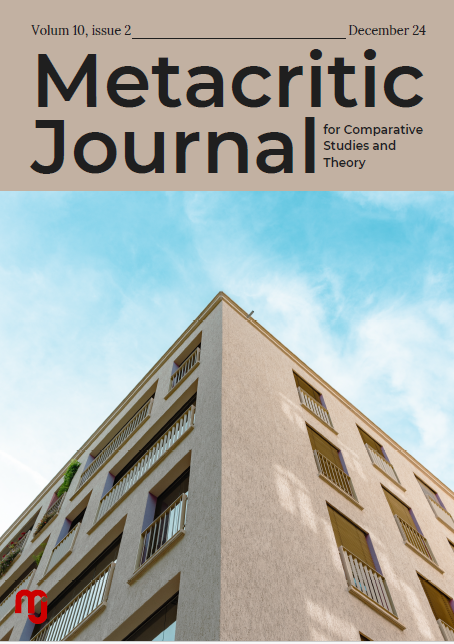
Philobiblon. Transylvanian Journal of Multidisciplinary Research in Humanities
Editors-in-chief: Doru Radosav, Florina Iliș
Central University Library „Lucian Blaga”, Cluj-Napoca
Philobiblon. Transylvanian Journal of Multidisciplinary Research in Humanities is the biannual peer reviewed academic journal of the “Lucian Blaga” Central University Library in Cluj-Napoca published in June and December. The journal is accredited by the Romanian National Research Council (CNCS), Web of Science, Scopus, ERIH+, Ebsco, DOAJ.
ISSN (print): 1224 – 7448, ISSN (online): 2247 – 8442

Editor-in-chief: Radu Vancu
ASTRA National Museum Complex, Sibiu
An academic journal founded in 1868 that publishes studies and reviews on various subjects, in the research area of Humanities, such as literary studies, critical theory and thinking, socio-economic sciences, philosophy, politics, and religion. Transilvania appears in 10 issues per year (8 single and 2 double). Indexed in CNCS (B), SCOPUS, EBSCO, ERIH+.
ISSN (print): 0255-0539
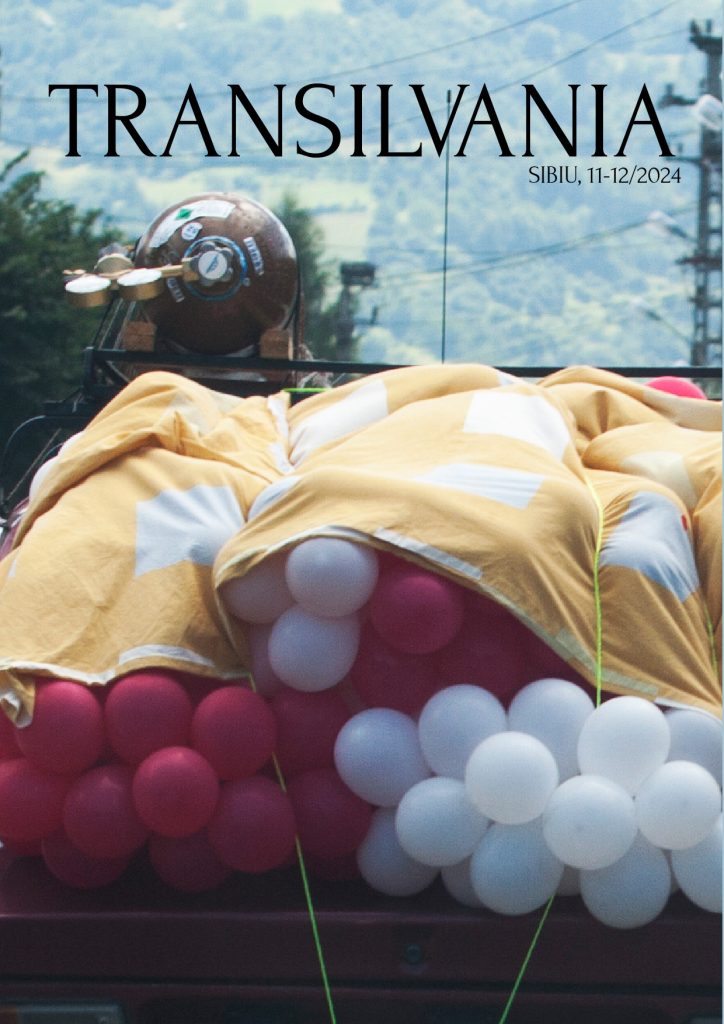
Studia Universitatis Babeș-Bolyai, Seria Philologia
Editors-in-chief: Rareș Moldovan, Carmen Borbély
Faculty of Letters, Babeș-Bolyai University of Cluj-Napoca
Studia Universitatis Babeș-Bolyai Philologia actively shapes the international academic dialogue in the humanities, publishing original work in the following subdomains: literary studies, literary history and theory, comparative literature, cultural studies, gender studies, digital humanities, environmental studies, theoretical linguistics, applied linguistics, pragmatics, translation studies, and (foreign) language teaching. It is indexed by CNCS (A category), WoS, ERIH PLUS, EBSCO, DOAJ.
ISSN (print): 1220-0484
ISSN (online): 2065-9652
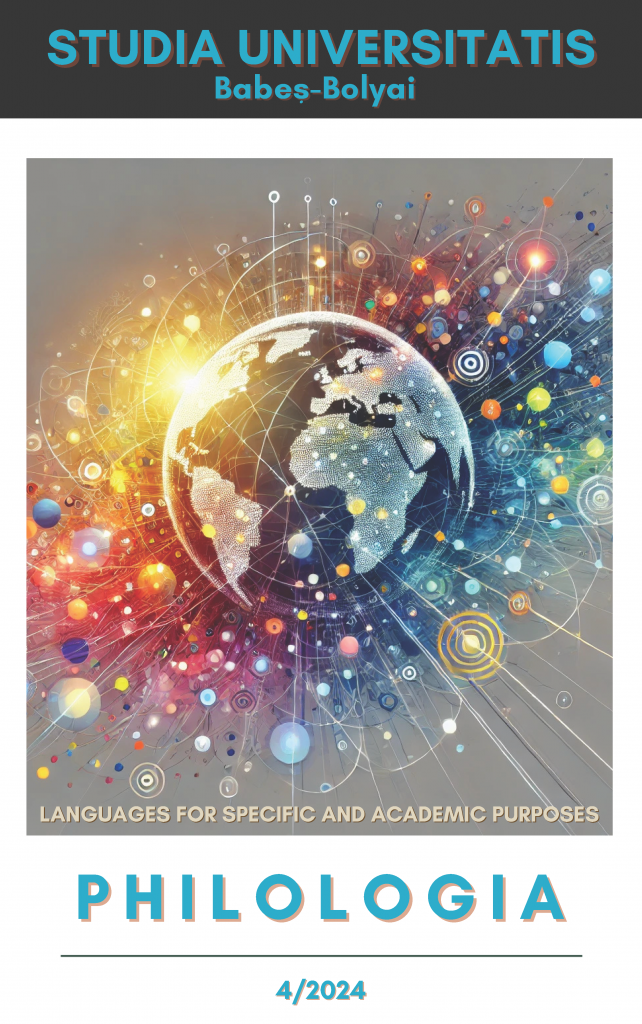
Editor-in-chief: Oana Soare
Institute of History Literary Theory „G.Călinescu”, Romanian Academy
Synthesis publishes and disseminates original research in the field of Literary and Cultural Studies, Comparative Literature and Literary Theory. From the beginning, the journal has been devoted to comparative literature and interdisciplinarity and developed a multidisciplinary and international profile. It aims to bring high quality scholarship of international young academics to a wider audience. The journal welcomes innovative articles and approaches and does not require the use of any specific methodology. The journal publishes book reviews as well.
ISSN: 0256-7245
ISSN-E: 3045-1558
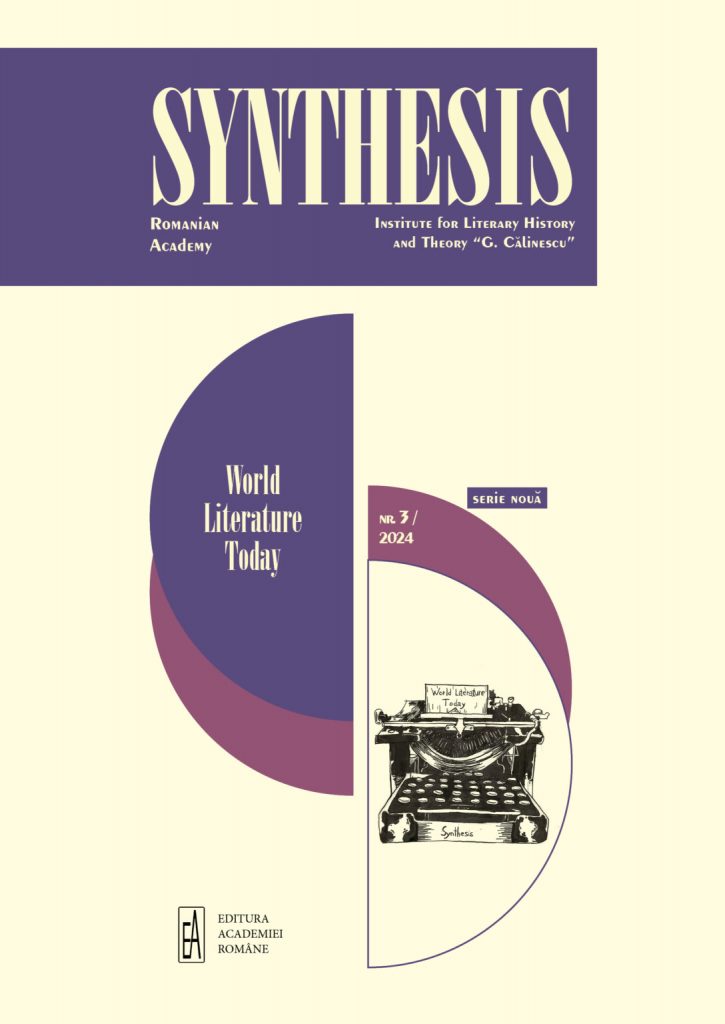
University of Arts of Târgu-Mureș
The journal publishes peer-reviewed articles, studies and reviews, covering various aspects in the fields of theatre and performing arts, film and media, and music, encouraging research from a multidisciplinary and interdisciplinary perspective. It is indexed by ERIH PLUS, CEEOL, DOAJ, Crossref, Index Copernicus, Google Scholar, International Archive of Theatre Journals, and ranked B by CNCS. The journal is archived by CEEOL.
ISSN (print):1582-327X, ISSN (online): 2344-4460

